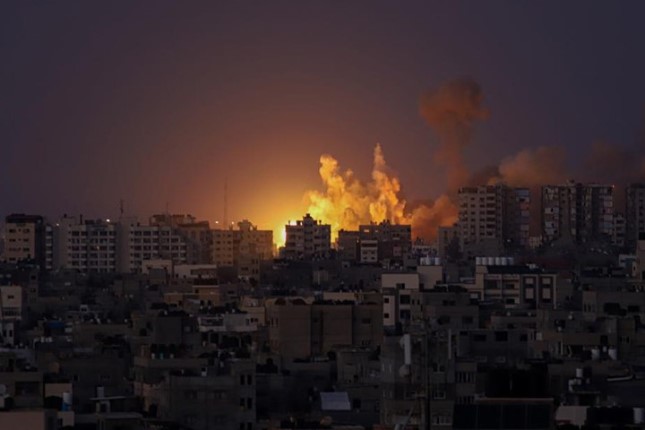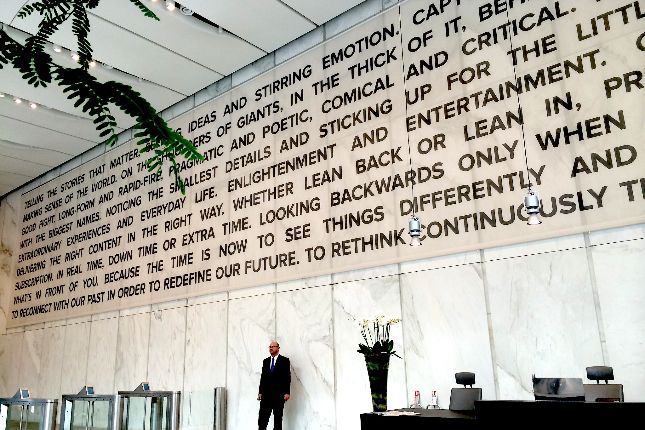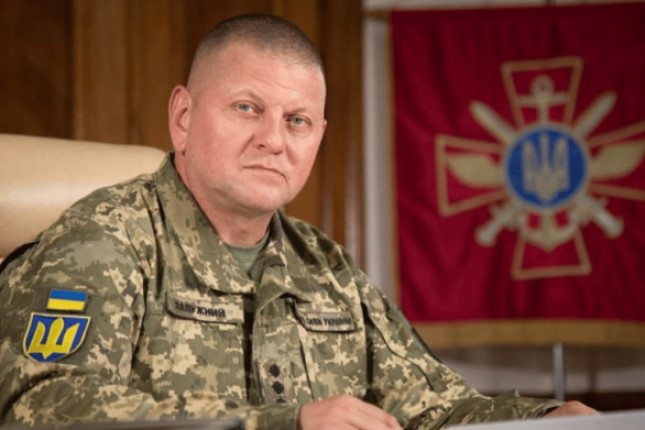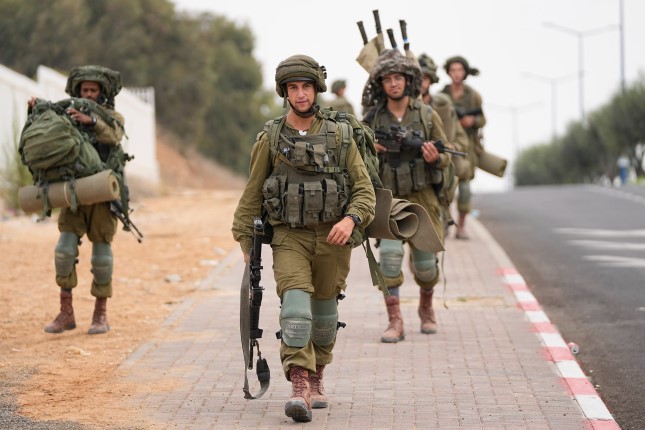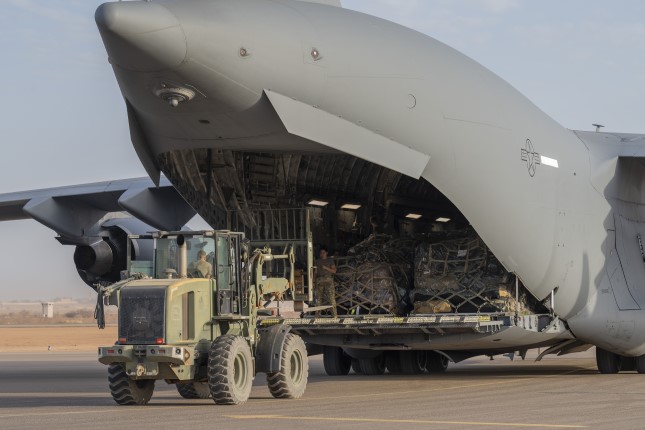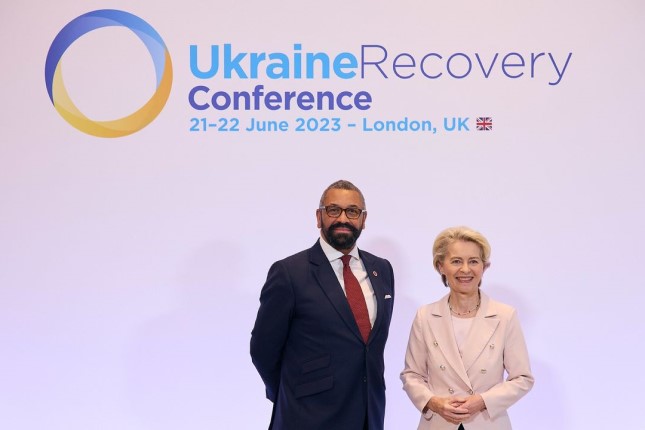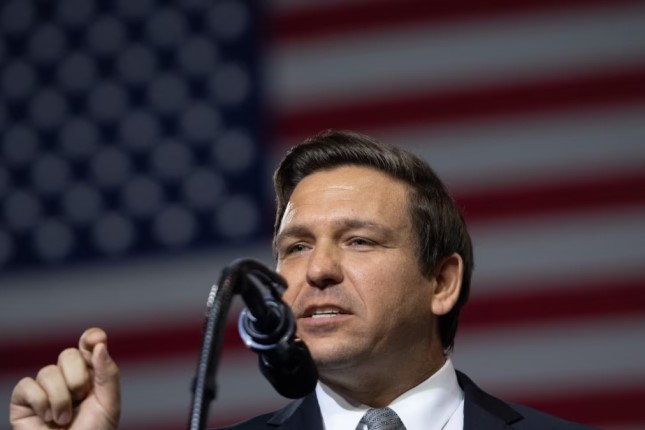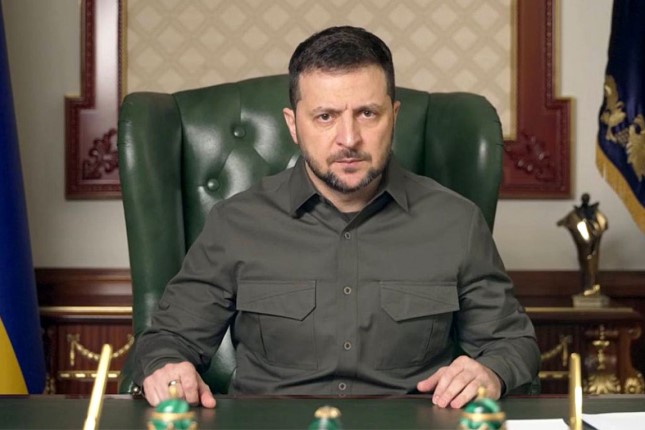UN agencies have reported that an estimated one million people have now been displaced in the Gaza Strip. The World Food Programme is running out of reserves in Gaza, and the water crisis is "a matter of life and death." The World Health Organization has described the evacuation order as a "death sentence" for wounded and sick.
The Israeli-Palestinian conflict is causing wider divisions and chaos globally. Due to the Israeli-Palestinian conflict, Harvard, Stanford, Columbia, and other prestigious American universities have seen intense confrontations between supporters of both sides. Tens of thousands of people took to the streets in support of Palestine and in opposition to the US and Israel in various Middle Eastern nations, Pakistan and Bangladesh. Several European nations are concerned about the rise of internal anti-Semitism and conflicts within diverse communities. The new round of Israeli-Palestinian conflict is demonstrating a destructive power beyond the "storm in a teacup." People's views on the Israeli-Palestinian conflicts have become polarized on social media, and the spread of false information and hate speech has further widened the gap between the two sides.
The Palestinian issue has always been seen as a wound to human conscience. Behind every outbreak of conflict, there are intricate causal relationships that are difficult to sever and untangle. Beyond the specific attacks, there may be a relationship between one victim and another. The cooling of the situation and the search for possible solutions are not only a test of the international community's multilateral cooperation but also a query for humanity's morality. The chaos caused by the current Israeli-Palestinian conflict in the Middle East and even globally serves as a further warning to the world. In this age of rising conflict and turmoil, it is especially crucial to avoid moral relativism and selective fury. If we allow mutual hostility, and revenge to fester, the wound to humanity's conscience will not only fail to heal but may also become a deadlock for human conscience, sowing the seeds of longer-lasting and more widespread conflicts.
The urgent task facing the international community is to prevent a new severe humanitarian disaster in the Gaza Strip and avoid further casualties among innocent civilians. It can be said that on this point, most major countries and members of the international community have a consensus. Once ground attacks are launched, the humanitarian consequences faced by the Gaza Strip will be extremely painful. The United Nations Special Rapporteur on the situation of human rights in the Palestinian territories occupied since 1967, Francesca Albanese, warned that "There is a grave danger that what we are witnessing may be a repeat of the 1948 Nakba, and the 1967 Naksa, yet on a larger scale." This is why even the US is urging Israel to exercise restraint, and the European Union has stated that Israel's right to self-defense has to be done in accordance with international law and humanitarian law. The latest reports indicate that the UK has also urged Israel to show restraint.
The reality that must be acknowledged is that there is currently no powerful force internationally that can substantially promote a ceasefire and end the war. This requires joint efforts from all countries in this direction, and major powers with greater international influence should set an example. As the Chinese side said, when dealing with international regional hotspot issues, major powers should adhere to objectivity and impartiality, maintain calm and restraint, and take the lead in abiding by international law. It should be said that when it comes to implementing the consensus on preventing a humanitarian disaster in the Gaza Strip, Washington bears a special responsibility. However, we observe that while the US wants to cool down the situation and avoid the escalation of conflicts, it is being hindered by "political correctness." The US State Department is even unwilling to let its diplomats use words such as "de-escalation/ceasefire;" "end to violence/bloodshed" and "restoring calm." This is truly shocking. Regardless of what strategic interests Washington wants to achieve, it should first uphold the bottom line of morality.
Over the past few days, the Chinese side has had phone conversations with officials from the US, Saudi Arabia, Iran, and other countries to communicate their positions on the Israeli-Palestinian conflict. The special envoy of the Chinese government on the Middle East issue will also visit relevant countries in the region in the near future to make active efforts to promote a ceasefire, end violence, and cool down the situation. We hope to see more and more countries stand on the side of peace, justice, international law, the common aspirations of the majority of countries, and human conscience. This is not only to avoid exacerbating the humanitarian crisis in the Gaza Strip as much as possible, but also a responsible attitude toward peace and security in the Middle East and the world.
Photo: Smoke billows following an Israeli airstrike in Gaza City, on Oct. 12, 2023. Israel on Thursday continued its airstrikes on various areas of the Gaza Strip © Xinhua.
Source: The Global Times.
